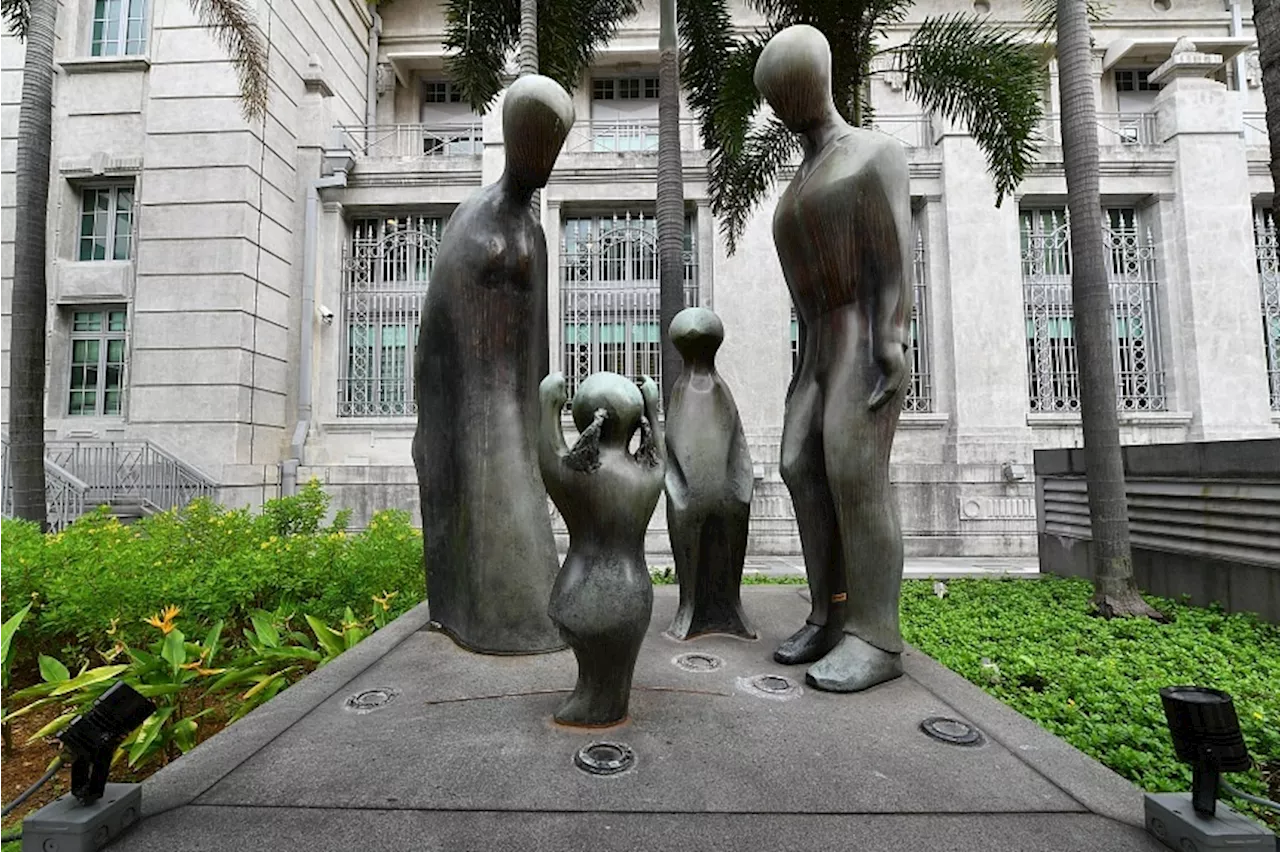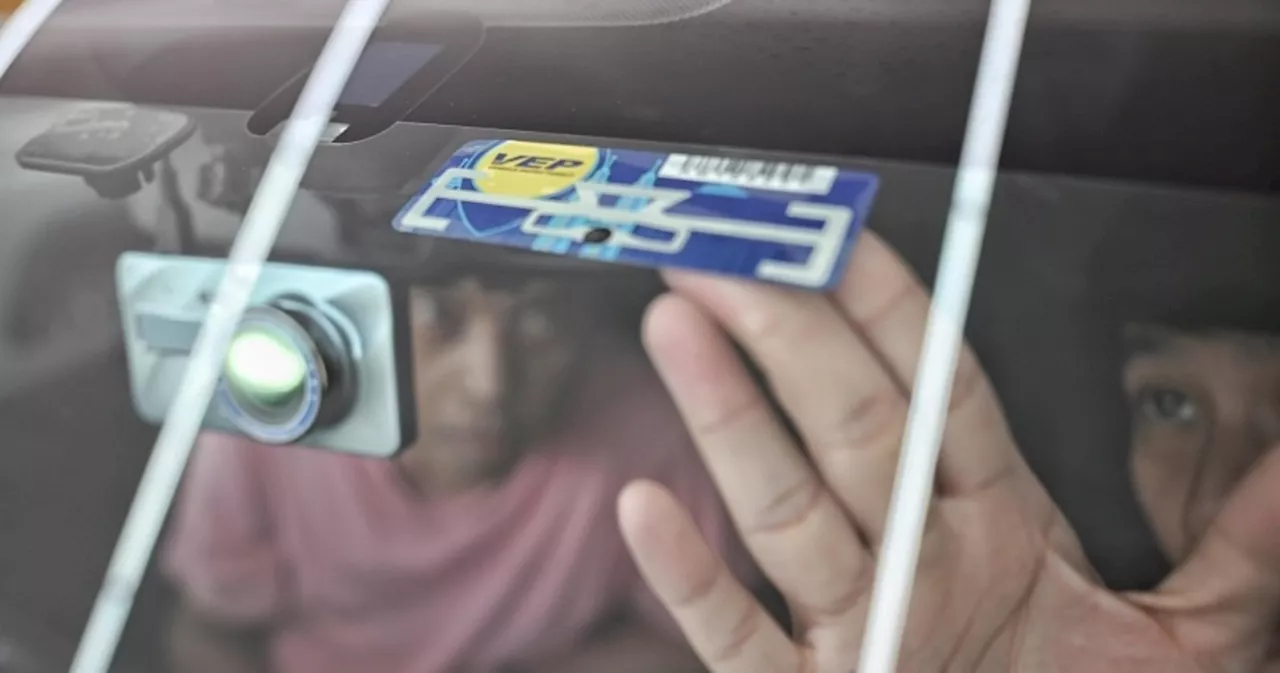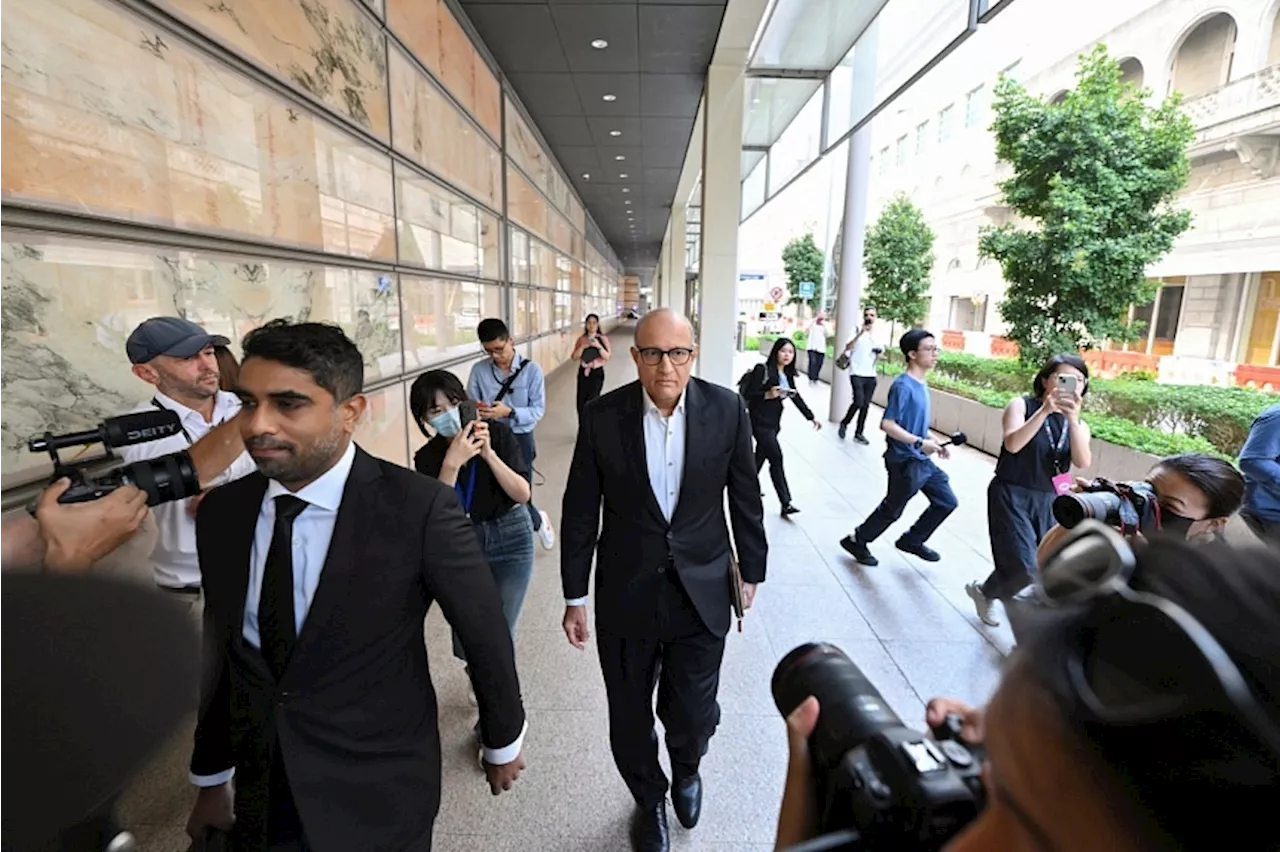Singapore's anti-fake news law came into force on Oct 2, 2019. Views have been divided on its effectiveness since then.
Singapore's anti- fake news law came into force on Oct 2, 2019. Views have been divided on its effectiveness since then.As someone who routinely gets his source of daily news from social media, lead project engineer Haiqal Rafiee, 28, is very aware that fake news and online misinformation is a rampant problem that poses a danger to society if unchecked.
The remaining case was a property agent who had made false and misleading statements regarding the public housing authority's ethnic integration policy. Mr Haiqal's mixed view of POFMA was echoed by others during street interviews done over the past week to ask about their feelings towards it five years after it came into force., because there is “no political profit” in allowing online falsehoods to proliferate or damage the country’s “infrastructure of fact”.
In response, many said that as the government's lever to act against fake news and false information, POFMA has been effective in doing so. One female respondent was quoted in the study as saying that the anti-fake news law"was a tool for the government to consolidate its power and stifle the spread of alternative views".
He added that the directions under POFMA must hold up to judicial scrutiny and, more importantly, largely prevail in the court of public opinion. In Western Europe, fake news is partly the reason why far-right movements have gained power. In America, falsehoods have become central to the entire political discourse and"facts are becoming less important to people now"., about how the population will increase to nearly 10 million by 2030, as well all misinformation about the Housing and Development Board's subsidies, its"We should not allow such falsehoods to anchor our public debates," they added.
For example, recent riots in the United Kingdom from July to August, which were widely attributed to misinformation on social media about the fatal stabbing of three children in the northern English town of Southport, also came about due to other factors. After all, producers of misinformation and disinformation are no longer limited to notorious groups or partisan actors whom one might call out more easily.
With the frontlines of the battle against falsehoods shifting towards more sophisticated methods such as deepfakes and algorithm-based personalised content, more needs to be done to counter them, the analysts said. When Singapore parliamentarians first debated the need for an anti-fake news law five years ago, there was already a precedent of such a law set in Germany, known as the Network Enforcement Act , or more popularly known as the Facebook Act.
Other Asian countries such as Indonesia and Sri Lanka have also followed suit with their own laws in recent years. The analysts said that there was similar pushback from civil society in these jurisdictions over claims that they stifle freedom of expression, among others. Some critics also said that invoking POFMA in cases where the falsehoods have not become viral risked backfiring on the authorities, because the very act of issuing the directive would contribute to its spread. This phenomenon is known as the"Streisand effect".
During that time, POFMA was also invoked in five cases during the 2020 General Election period from the issuance of the Writ to the close of Polling Day . Of the six people interviewed on the street by CNA TODAY, none were clearly for or against POFMA. Most were like Mr Haiqal, who agreed that such a law is needed in principle, but the way it is used matters more.
South Africa Latest News, South Africa Headlines
Similar News:You can also read news stories similar to this one that we have collected from other news sources.
 Singapore judges get more power to bar applications that hurt child’s welfare from Oct 15Unmeritorious applications may include a parent's multiple attempts to change access orders.
Singapore judges get more power to bar applications that hurt child’s welfare from Oct 15Unmeritorious applications may include a parent's multiple attempts to change access orders.
Read more »
 10,000 racegoers expected for Singapore Turf Club’s farewell race on Oct 5The Grand Singapore Gold Cup is the final race meeting before the Kranji facility shuts by March 2027.
10,000 racegoers expected for Singapore Turf Club’s farewell race on Oct 5The Grand Singapore Gold Cup is the final race meeting before the Kranji facility shuts by March 2027.
Read more »
 Singapore drivers can enter Malaysia without VEP tag from Oct 1, but warnings will be issuedKUALA LUMPUR - Malaysia’s Road Transport Department (JPJ) announced on Sept 27 that foreign-registered vehicles which have yet to install Vehicle Entry Permit (VEP) tags by the Oct 1 deadline will still be allowed to enter Malaysia from Singapore.
Singapore drivers can enter Malaysia without VEP tag from Oct 1, but warnings will be issuedKUALA LUMPUR - Malaysia’s Road Transport Department (JPJ) announced on Sept 27 that foreign-registered vehicles which have yet to install Vehicle Entry Permit (VEP) tags by the Oct 1 deadline will still be allowed to enter Malaysia from Singapore.
Read more »
 South Korean President Yoon Suk Yeol to visit Singapore from Oct 7 to 9A survey conducted by the South Korea embassy in Singapore showed that two in three Singaporeans have a positive perception of South Korea, predominantly driven by the Korean wave or “hallyu”.
South Korean President Yoon Suk Yeol to visit Singapore from Oct 7 to 9A survey conducted by the South Korea embassy in Singapore showed that two in three Singaporeans have a positive perception of South Korea, predominantly driven by the Korean wave or “hallyu”.
Read more »
 Brunei Crown Prince concludes five-day visit to SingaporeBrunei Crown Prince Haji Al-Muhtadee Billah concluded his five-day official visit to Singapore on Sept 14 for the 10th Singapore-Brunei Young Leaders’ Programme (YLP). During his visit, he met with several top Singaporean officials and reaffirmed the importance of bilateral relations between both countries.
Brunei Crown Prince concludes five-day visit to SingaporeBrunei Crown Prince Haji Al-Muhtadee Billah concluded his five-day official visit to Singapore on Sept 14 for the 10th Singapore-Brunei Young Leaders’ Programme (YLP). During his visit, he met with several top Singaporean officials and reaffirmed the importance of bilateral relations between both countries.
Read more »
 Former Singapore Transport Minister S. Iswaran Convicted On Five ChargesS. Iswaran, the former transport minister of Singapore, has been convicted on five charges, pleading guilty to four counts of receiving valuable items from Formula One race promoter and individuals with whom he had official dealings. He also admitted to one charge of obstructing the course of justice.
Former Singapore Transport Minister S. Iswaran Convicted On Five ChargesS. Iswaran, the former transport minister of Singapore, has been convicted on five charges, pleading guilty to four counts of receiving valuable items from Formula One race promoter and individuals with whom he had official dealings. He also admitted to one charge of obstructing the course of justice.
Read more »
